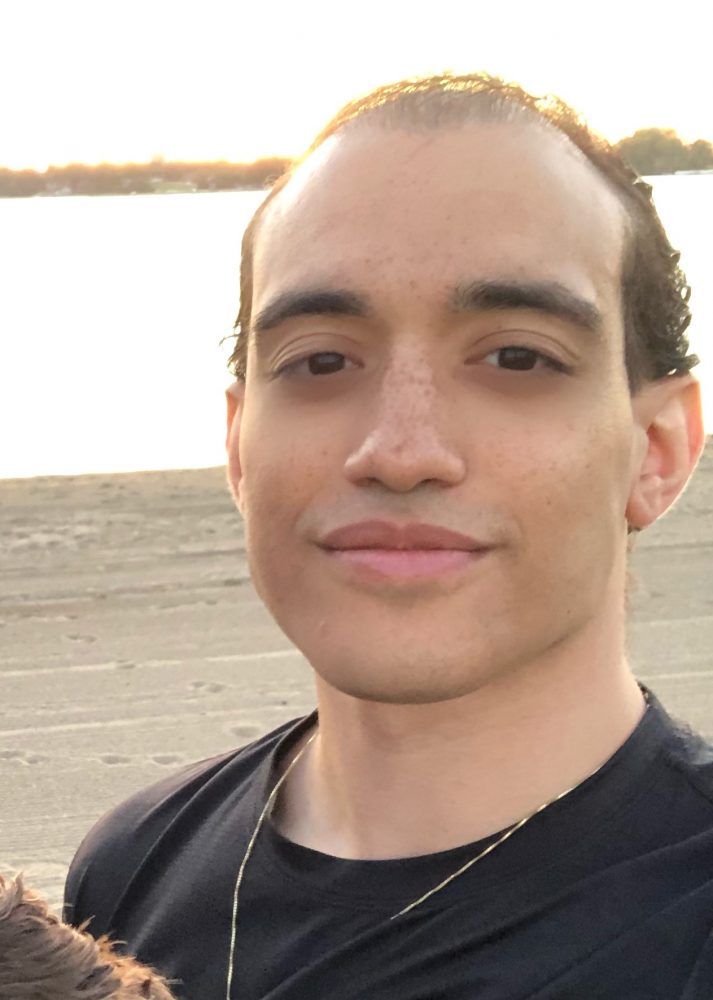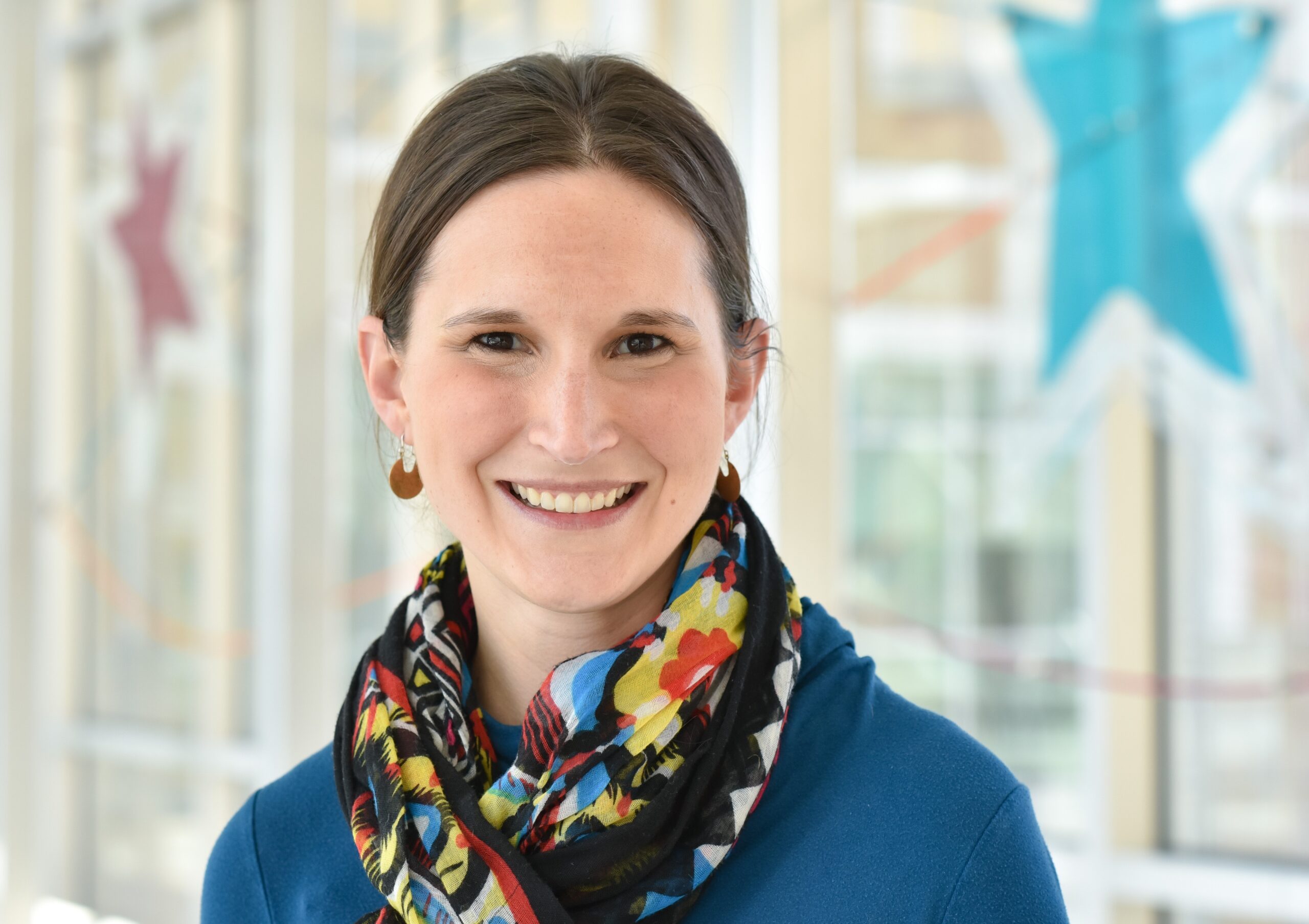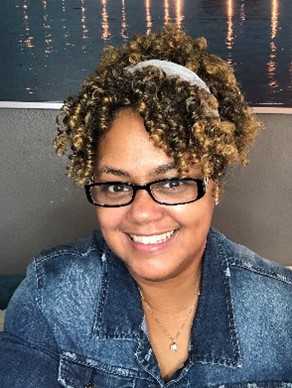Type of Sarcoma: Rhabdomyosarcoma
Date of Diagnosis: 2018
Standing in a bathroom at the Minneapolis Convention Center, Conner O’Brien felt as if he was choking. As he coughed, blood sprayed – more than he’d ever seen before. Having intended to serve as a panelist during a healthcare technology conference that day, an event he’d looked forward to, O’Brien knew he couldn’t stay. A quick online search on his mobile phone informed him of which hospitals were close by. He hailed a Lyft and headed for the exit.
Thanks to an alert Lyft driver who noticed that O’Brien wasn’t looking right, the car arrived at the Hennepin County Medical Center’s emergency room within minutes. O’Brien was quickly admitted and ended up staying in the intensive care unit (ICU) for three days. He’d lost so much blood that his body was in shock – his blood pressure a mere 65/25. It was October 2018 and O’Brien was 26 years old.
During his time in the ICU, O’Brien found himself in the care of a 5th-year medical resident, Dr. Terence Zimmerman. In recounting his experience, O’Brien shared that Dr. Zimmerman became a key player in O’Brien’s care and recovery. Zimmerman quickly earned O’Brien’s trust and it was Zimmerman who took the initiative to connect O’Brien with experts at the University of Minnesota who also became integral to O’Brien’s care. Later, Zimmerman even showed up at a moment when O’Brien least expected it, turning a tough moment into a moment of hope.
But those first few days after the cough and blood spray, the medical team was still going through the process of exploring his condition. On O’Brien’s second day in ICU, he was taken to an operating room to have a biopsy done on his throat.
Due to the tumor’s location, a routine procedure was not going to work. In order to keep his airways open, he would have to remain awake. O’Brien was told that it was an unusual approach in that 99.9% of practitioners would never do that. In his case, however, other options would not work.
O’Brien remembers every moment; the tube going partially down his throat but getting obstructed. For five minutes, the team struggled to get the tube into place but the tumor blocked its path. Overhearing their conversation about what to try next, he shot up, declaring, “I don’t want a tracheotomy!”
The team listened. O’Brien recalls that with great effort and ‘shoving,’ which was no doubt uncomfortable, the tube finally went down. Remaining conscious as a sample was taken, O’Brien said he was relieved that his wish had been granted.
Two weeks later, on a Thursday, O’Brien got the results: Rhabdomyosarcoma. Dr. Zimmerman and his team recommended that O’Brien consult with Dr. Keith Skubitz, a hematologist and oncologist at the M Health Fairview Masonic Cancer Clinic. As luck would have it, Dr. Skubitz and O’Brien were able to meet just a few days later and O’Brien began his treatment the following Friday.
In spite of the quick response, O’Brien was told his options were grim. There was a possibility that his tongue would need to be removed. After ten rounds of chemotherapy, O’Brien and Dr. Skubitz met. It was just before Easter.
The tumor had significantly shrunk but was no longer decreasing in size. It was time to surgically remove it. O’Brien was told there were no good options. The surgery would be severe. He and his medical team had considered radiation but due to potential side effects, decided against it.
O’Brien recounts that his spirits were low.
Dr. Skubitz suggested he get a second opinion from the Mayo Clinic. O’Brien reflected that often, hospitals are not collaborative. They want to keep their patients, and there can be a lot of red tape involved in working with two systems. But for O’Brien, each facility and all involved cleared the way, providing seamless care throughout.
Dr. Skubitz made a personal call to Mayo Clinic oncologist Dr. Scott Okuno. Within a week, O’Brien had been able to meet with Dr. Okuno and Mayo Clinic surgeon Dr. Eric Moore. Moore’s prognosis brought unexpected relief. The surgeon said the tumor was shallow. He felt confident he’d be able to remove it.
O’Brien was now seven months into his treatment. Dr. Moore said he would do the surgery himself and that O’Brien could have it done within the next few days. Dr. Okuno, who also serves on Rein in Sarcoma’s board of directors, was on O’Brien’s tumor treatment board. O’Brien saw him pre- and post-surgery. It was Dr. Okuno who answered all of O’Brien’s questions, putting him at ease. Dr. Okuno was also responsible for approving the medical team’s plan for O’Brien’s surgery.
O’Brien’s surgery was on April 29, 2019. He ended his full treatment on August 14, 2019.
While O’Brien was going through treatment for his sarcoma, he realized that if he got through it he’d like to give back. O’Brien recounts that he remembers being given a Rein in Sarcoma Patient Starter Notebook not long after he was diagnosed.
O’Brien became better acquainted with Rein in Sarcoma in 2020. Beginning as a volunteer, he found he could be helpful with fundraising and through being a source of support to others facing battles with sarcoma. In the spring of 2020 Rein in Sarcoma invited O’Brien to join its board of directors. O’Brien will serve a three-year term.



